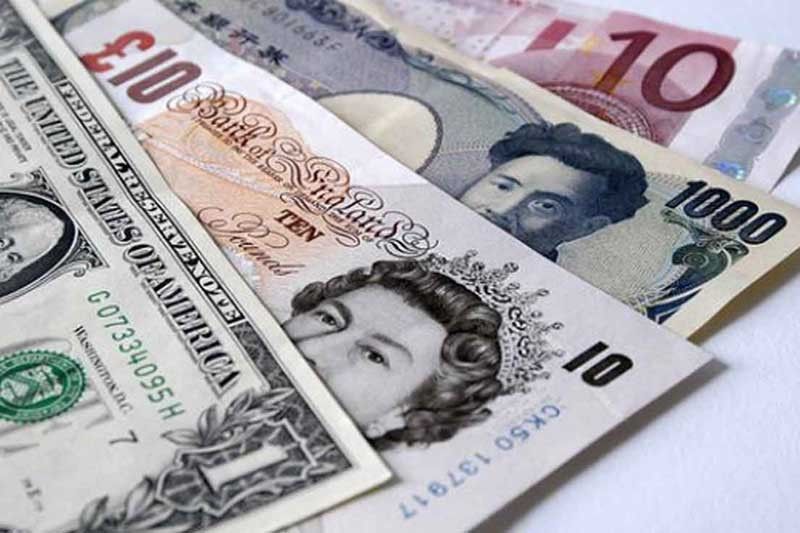FDIs sink in June as global headwinds fray investor nerves

MANILA, Philippines — Foreign direct investments into the Philippines fell to their lowest level so far this year in June despite a reopened domestic economy, as global headwinds forced investors to rethink their investment decisions.
Data from the Bangko Sentral ng Pilipinas released Monday revealed FDIs recorded a net inflow of $471 million in June, plummeting 51.5% year-on-year. Despite this slump, a net inflow means more FDIs entered the country against those that left.
In the first six months, FDI posted a net inflow of $4.6 billion, up 3.1% on an annual basis.
That said, FDIs represent firmer commitments from foreign investors that generate jobs for Filipinos unlike the so-called “hot money”, which enters and leaves markets with ease.
The BSP projected it would rack up $11 billion in net FDI inflows this year, higher than the actual $10.5 billion generated last year.
Sought for comment, Domini Velasquez, chief economist at China Banking Corp. noted that the sharp drop in net inflows back in July was due to a worsening global outlook.
“Advanced economies are expected to enter into recessions as early as end-2022 and possibly 2023 for the US. Moreover, emerging markets such as the Philippines, are likely to get dragged down from lower global demand,” she said in a Viber message.
For Velasquez, global consumer appetite could waver in the wake of these expected slowdowns. Central banks everywhere raised interest rates in past months in a bid to rein in painfully high inflation.
“We think that until next year, we might see a softening of appetite for both exports and investments from both advanced and emerging economies, in particular, US, Europe, and China,” she added.
Data broken down showed that equity capital placements, a measure of new FDIs, contracted 24.4% year-on-year to $739 million.
Likewise, inflows in June were hampered by a decline in intercompany borrowings between multinational companies and their Philippine offices. BSP said this plummeted 71.9% year-on-year to $215 million due to higher repayments during the month.
Reinvestment of earnings inched up 8.6% on-year to $124 million back in June.
Citing “structural reforms” such as liberalization laws and a campaign to attract more foreign investors, Velasquez believes the Philippines could endure a global economic recession.
“Among countries in the world, Southeast Asia looks poised to weather the global downturn in better shape, and the Philippines should benefit from this,” she said.
- Latest
- Trending

























